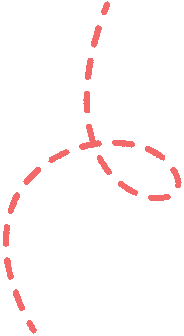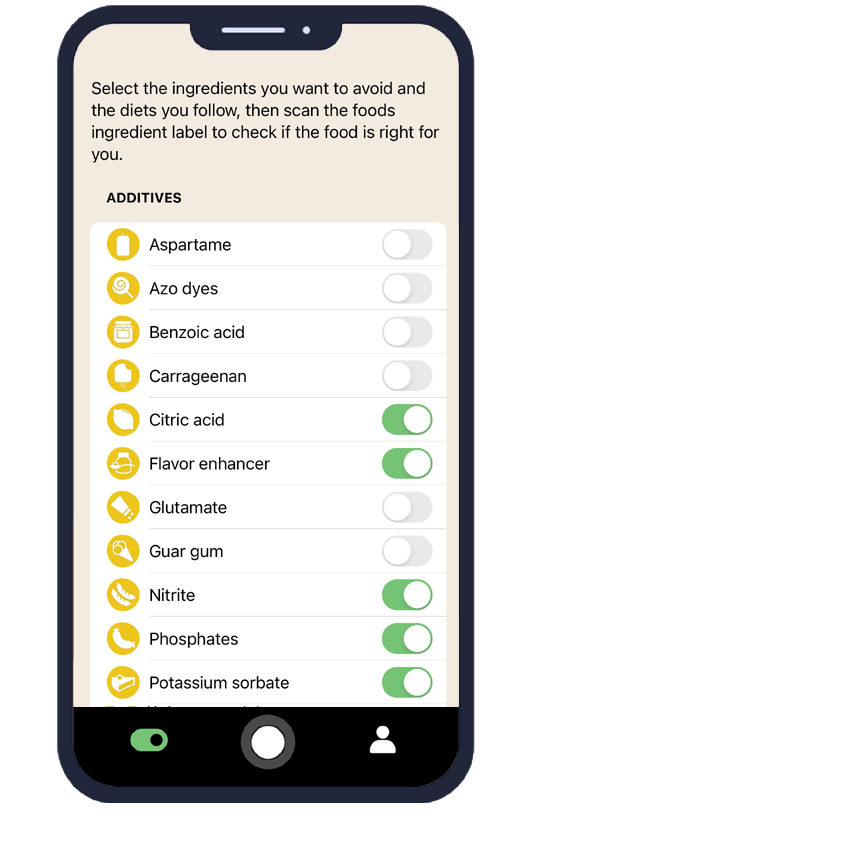Everything You Need to Know About kosher (Judaism) Food and How AI Eat This Can Help
Following kosher (Judaism) dietary laws is a fundamental practice for millions of Jewish people worldwide, requiring careful attention to food ingredients and preparation methods. These ancient religious dietary laws, known as kashrut, govern what foods can be consumed and how they must be prepared according to Jewish tradition. In today's complex food landscape, identifying kosher (Judaism) compliant products can be challenging, especially with processed foods containing numerous ingredients. The AI - Eat This? mobile app revolutionizes this process by instantly scanning ingredient lists in any language, helping users maintain their religious dietary laws with confidence and ease.
What Are kosher (Judaism) Dietary Laws and Requirements?
The kosher (Judaism) dietary system originates from biblical commandments found in the Torah and has been interpreted and refined by Jewish scholars over thousands of years. These religious dietary laws serve both spiritual and practical purposes, connecting observant Jews to their faith while promoting mindful eating practices. The word "kosher" literally means "fit" or "proper" in Hebrew, indicating foods that meet specific religious standards.
Core Principles of kosher (Judaism)
The foundation of kosher (Judaism) dietary restrictions rests on several key principles that observant Jews must follow. Only certain animals are permitted, including those that both chew their cud and have split hooves, such as cattle, sheep, and deer. Fish must have both fins and scales to be considered kosher, while all shellfish and most insects are forbidden.
One of the most distinctive aspects of kosher (Judaism) compliance is the prohibition against mixing meat and dairy products. This separation extends beyond just the meal itself to include separate cooking utensils, dishes, and even waiting periods between consuming meat and dairy. Additionally, all animals must be slaughtered according to specific ritual methods called shechita, performed by trained individuals known as shochtim.
Understanding kosher (Judaism) Food Certification and Labeling
Modern kosher (Judaism) certification involves rigorous oversight by qualified rabbinical authorities who inspect food production facilities and verify ingredient sources. These certifying organizations, such as the Orthodox Union and other recognized kosher certification bodies, provide symbols that appear on packaging to indicate kosher (Judaism) compliance. The certification process ensures that every ingredient, processing aid, and production method meets strict religious dietary laws.
Certification Bodies and Symbols
Dozens of kosher certification agencies operate worldwide, each with their own distinctive symbols or "hechsher" that appear on approved products. The most widely recognized include the OU (Orthodox Union), OK, Star-K, and Kof-K symbols. These organizations maintain strict standards and conduct regular inspections to ensure ongoing kosher (Judaism) compliance throughout the production process.
Understanding these symbols is crucial for maintaining dietary restrictions, as different certifying bodies may have varying standards for certain ingredients or processes. Some symbols also indicate whether products are meat, dairy, or pareve (neutral), helping consumers make appropriate choices for their meals.
Common Ingredients That May Not Be kosher (Judaism)
Many everyday ingredients can pose challenges for kosher (Judaism) compliance, often hiding in unexpected places within processed foods. Gelatin derived from non-kosher animals, certain food colorings, and processing aids can render otherwise acceptable foods non-compliant. Wine and grape juice require special kosher supervision, as do many seemingly innocuous ingredients like certain vitamins and flavor enhancers.
Here are common problematic ingredients to watch for:
- Gelatin from non-kosher sources (often found in candies, marshmallows, and capsules)
- Non-kosher wine vinegar and cooking wines
- Certain food colorings and processing aids
- Enzymes derived from non-kosher animals
- Glycerin and glycerides from non-kosher sources
- Some vitamins and supplements with non-kosher coatings
How Does AI Eat This Help You Find kosher (Judaism) Foods?
The AI - Eat This? app transforms kosher (Judaism) food identification by using advanced artificial intelligence to scan and analyze ingredient lists instantly. Users simply point their smartphone camera at any food label, and the app identifies potentially problematic ingredients based on their personalized dietary settings. This technology works across multiple languages, making it invaluable for travelers or when shopping for international products.
The app's personalized filter system allows users to set specific kosher (Judaism) compliance preferences, accounting for different levels of observance and certification requirements. Whether someone follows strict Orthodox standards or more lenient Conservative practices, AI Eat This adapts to individual religious dietary laws and preferences.
Beyond basic ingredient scanning, the app provides detailed explanations about why certain ingredients may not meet kosher (Judaism) standards, helping users learn and make informed decisions. This educational component empowers users to better understand kashrut principles while maintaining their dietary restrictions with confidence.
Who Benefits from kosher (Judaism) Food Identification?
While observant Jews are the primary users seeking kosher (Judaism) compliance, many others benefit from understanding these dietary standards. People with certain allergies or dietary sensitivities often find kosher products helpful, as the strict ingredient oversight can provide additional quality assurance. Additionally, some non-Jewish consumers choose kosher foods believing them to be of higher quality or more ethically produced.
Parents raising children in kosher households particularly benefit from tools like AI Eat This, as they can quickly verify products while shopping or help children understand which foods meet their family's religious dietary laws. The app's instant feedback helps busy families maintain kosher (Judaism) compliance without spending extensive time researching every product.
Tips for Maintaining a kosher (Judaism) Diet
Successfully following kosher (Judaism) dietary restrictions requires planning, knowledge, and the right tools. Always look for reliable kosher certification symbols from recognized authorities, and when in doubt, consult with knowledgeable rabbinical sources. The Kashrut.com website provides extensive resources for understanding kosher compliance standards.
Develop relationships with local kosher retailers and restaurants, as they can provide valuable guidance and ensure access to certified products. When traveling, research kosher dining options in advance and consider packing appropriate foods for areas with limited kosher availability.
Modern technology like AI Eat This makes kosher (Judaism) compliance more accessible than ever before, but traditional knowledge remains important. Consider studying kashrut principles through reputable sources such as Chabad.org or consulting with local rabbinical authorities to deepen your understanding of these religious dietary laws.
Conclusion
Maintaining kosher (Judaism) dietary compliance in today's complex food environment requires both traditional knowledge and modern tools. Understanding the fundamental principles of kashrut, recognizing reliable certification symbols, and staying vigilant about hidden non-kosher ingredients are all essential for observant Jews. The AI - Eat This? app bridges ancient wisdom with cutting-edge technology, making kosher (Judaism) compliance more accessible and reliable than ever before.
Whether you're a lifelong observer of kosher (Judaism) dietary laws or just beginning your journey, having reliable tools to identify compliant foods is invaluable. Download AI Eat This? for free testing today and experience how technology can support your religious dietary laws while simplifying your daily food choices!

70 filters
With over 70 filters, you can easily avoid certain ingredients and follow your dietary preference.

Paleo

Pescetarian

Ultra-processed food

Vegan







































































